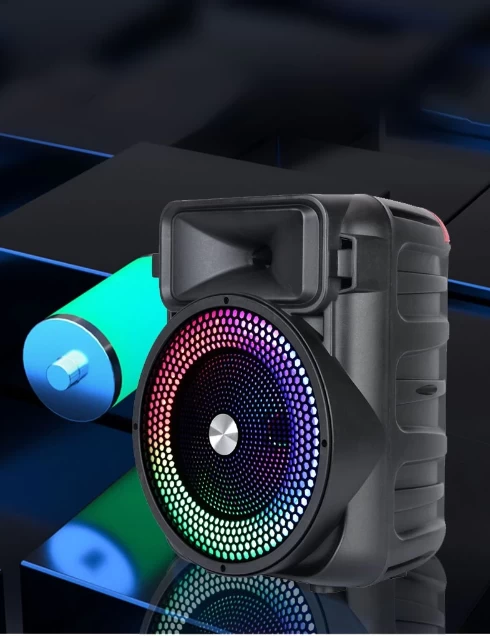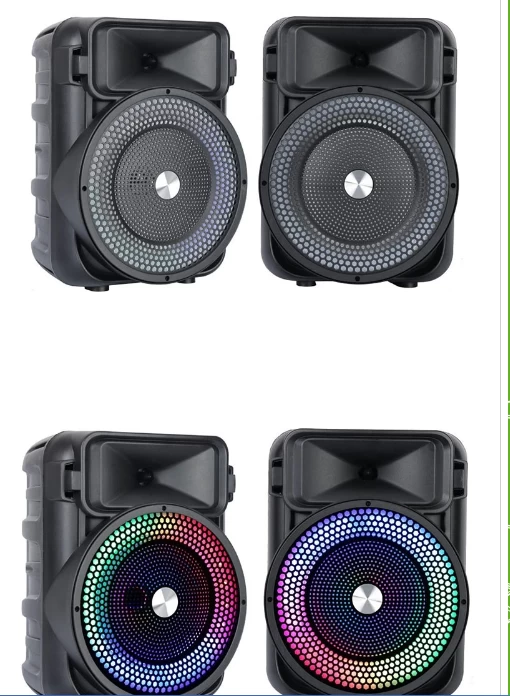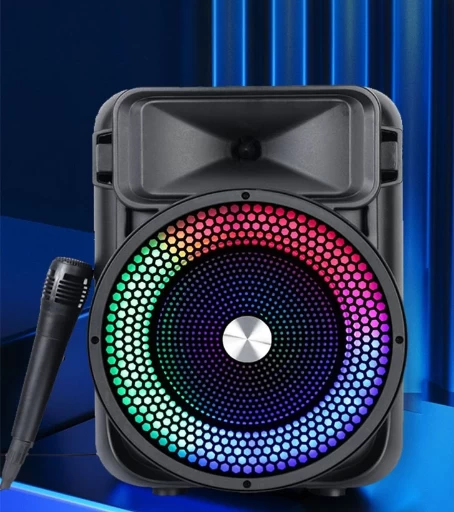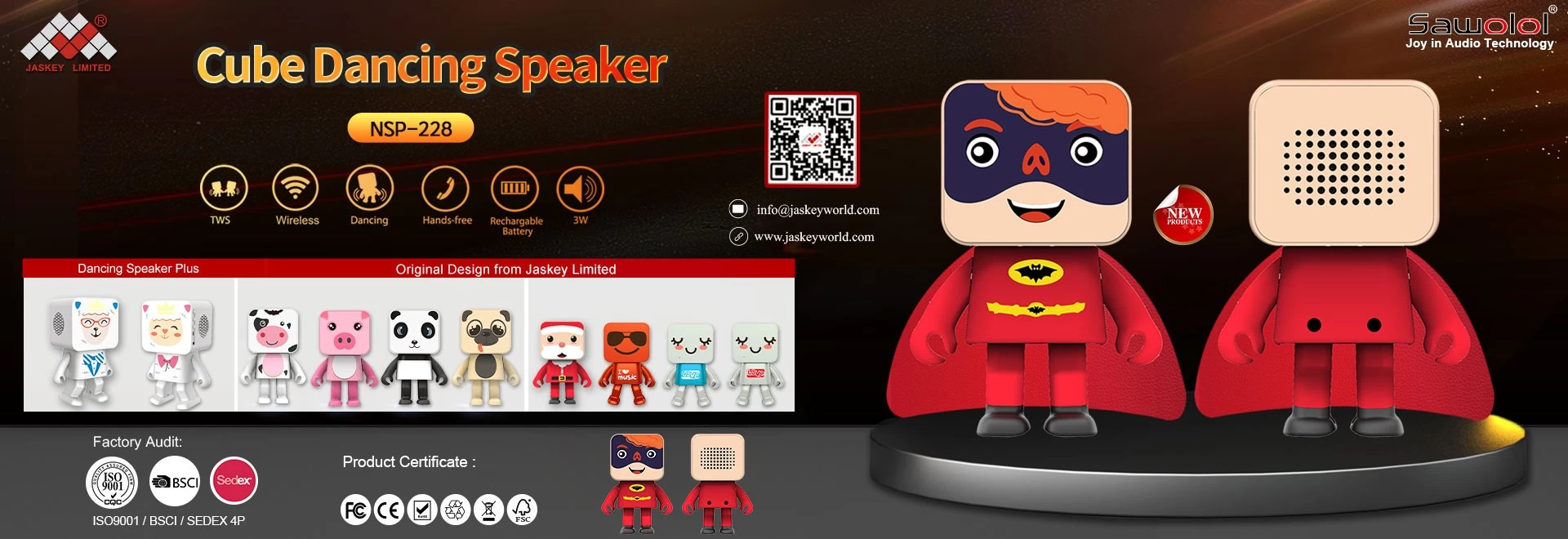How to choose the best bluetooth speaker
The market is bursting with Bluetooth speakers right now, and narrowing down a list of the best models is a huge undertaking. There are literally hundreds to choose from, but very few make the grade when it comes to delivering top sound quality for your favorite music. The few that do are listed here. They deliver the kind of sound quality to make a musical connection and receive a thumbs up from our expert audio reviewers. Each model in this list is also a worthy investment that combines great performance, versatility, long battery life (where applicable), along with a practical design that is either portable friendly or sits discreetly on a shelf or sideboard cabinet.
Whether you’re on a budget or looking to splurge on something a bit more powerful, we’ve compiled a list of the best Bluetooth speakers to suit your needs and pocket. It's important to remember that certain added features will increase the cost, like built-in digital assistance (e.g., Alexa, Google Assistant), or AirPlay support, for example, but you can still find a durable design with strong specs for less with the help of this guide.
Read on to find out which models rank among the best Bluetooth speakers we've tested.
one Identify your primary use areas. Is it the living room, study, bedroom or outdoor? Is this the most accessible place you really use most often?The use of the occasion determines the size of the sound box, power size.Generally speaking, speakers are divided into near-field listening and far-field listening. For near-field listening, no matter how big the room is, the speakers don't need to be too big. 3 inches to 5 inches is enough. If the speakers are too big, you can only hear part of them, but not all of them. The power does not need to be too large, 15-40W per sound channel is sufficient. Excessive size and power will not improve the sound, but rather trouble. If it is far field listening, the power individual thinks that 3W/ square per channel is more appropriate. Consider your location and space, and choose the right boxes.two Identify your primary uses. Use determines the type of speakers, characteristics.If it is mainly used for watching movies, more attention is paid to the expressive atmosphere of the speakers. Low frequency to shock, positioning should be accurate, it is best to be multi-channel, of course, 2.0 can also be, but the sense of presence will be much worse, subwoofer power is best more than 5W/ square.
If it is mainly used for listening to music, 2.0 speakers are best. 2.0 speaker levels and differences are very large, this is your own research and reference to other cases.
Listening to music is divided into two types, one person needs to listen very addictive, very serious, sitting on the throne, do not miss any details. One kind of people more casual, music open, can create a high quality music atmosphere.
Which category do you fall into? If it is the first type, then you have to think carefully about the type of music you like. Different types of music have different styles of boxes, for example, some boxes are suitable for vocals and pop, and some types are suitable for symphony and classical. If you fall into the second category, congratulations. Don't get too hung up on either style.
Three. Set your own attitude, there is no perfect product, only the right product, no matter how expensive and high-end the product.
Here, if you want to elaborate, is another article. In a few simple words: Buy something, enjoy it and use it if your main needs are met, and don't expect more or find less.
Four. The necessary basic knowledge can help you find your goals more accurately, and less likely to fall for them.
The mystery of the sound box is very much, why?
For one thing, the user's knowledge is lacking. On the other hand, sound perception is highly susceptible to psychological cues.
Moreover, the human ear cannot distinguish between two sets of speakers at the same time, and its judgment of sound is entirely dependent on memory, which is subjective and fuzzy.
The only thing we can do is to believe in physics and learn more. If you do compare sounds, quickly switch between blind listening contrasts.
I myself a few days ago just experienced a very funny example of listening to the psychological suggestion.
The thing is like this, I want to do an experiment of sound-absorbing cotton, put the sound-absorbing cotton near the inverted phase mouth, absorb the high pitch leaked out of the inverted phase mouth, theoretically the sound will be cleaner, and the analytical power will be better.



So I put the cotton on the back of the speaker and listened to it again and again. At that time, I felt that there was very little difference between putting and not putting, but I always felt that it was better to put sound-absorbing cotton. Finally, near the end of the day, I suddenly realized that the speaker was in front of the inverted mouth, and I had put the sound absorption cotton in the back of the speaker. After listening for a long time, the conclusion can be said to be purely psychological suggestion. This is true for someone who considers himself an objective listener and who develops and designs speakers, not to mention the average consumer.



